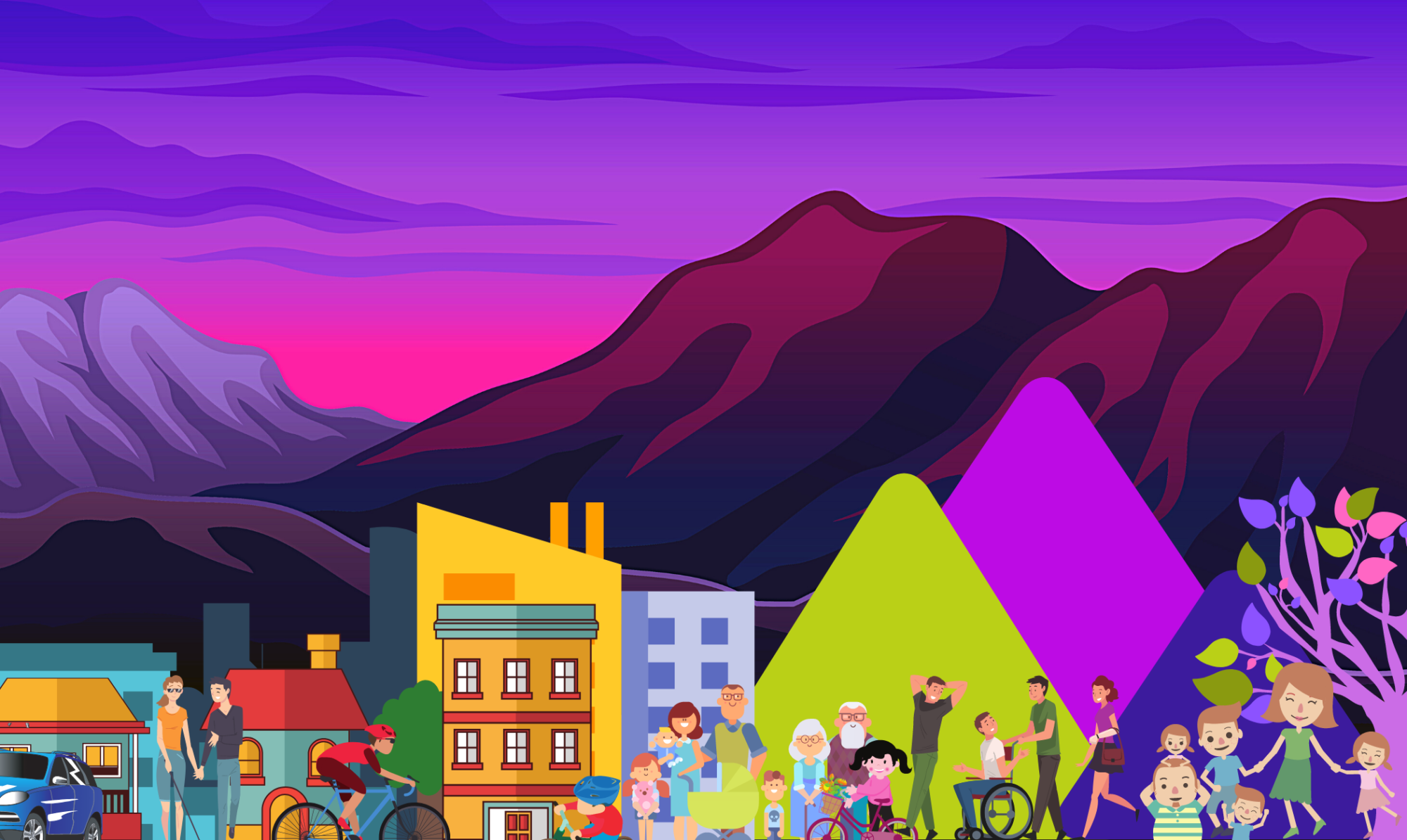Renzo Andrich inteviews Oscar De Pellegrin (Belluno) >> VIDEO
Renzo. Good afternoon, Oscar. Thank you for being here with us. Oscar De Pellegrin is from a small mountain town in northern Italy (Belluno), and he is a well-known person in the world of sport. He has been national and international champion in the disciplines of archery and shooting. He competed in six Paralympics Games and earned two gold medals and four bronze medals. Oscar, you were also the Italian flag-bearer at the London Paralympics in 2012. However, beyond that, please tell us: who is Oscar?
Oscar. Oscar is a person who had the fortune in his life to encounter disability. I believe that disability, for me, has been a springboard (also listening to the resume you just mentioned) and it was not a limit. In his first life I was a 1,90 m tall person, who weighed 80 kg and had my own life. In my second life I am 1,50 tall however I continue to commit, to be motivated, to take control of my life and sport was my extraordinary instrument: it was the sport that really gave me the opportunity to discover new skills and to engage, because without commitment, without sacrifice you would not go anywhere. This is the first thing: that anything in life we want to do, to achieve as a goal, we must know that commitment, sacrifice, will, determination are primary requisites. In my life I did not do just that, even if it’s a beautiful part, the one that everyone knows a little bit. I am a person who lives a normal life, has a family, an adoptive son, a beautiful social life with many friends. So, I say, as mentioned before, that my luck was encountering disability, but above all overcoming it. This gave me a great willpower and fortitude to live life which is not easy, but which is also aimed at helping others.
Renzo. Thank you, Oscar. Listen, I get a curiosity: do you have a gold medal at your fingertips, and can you show it to us?
Oscar. I believe that, given the audience, this is also a nice stimulus to see. Well, this medal is the one I won in London in 2012. It was my last participation, and the most beautiful because I was also a flag-bearer, and so I debunked the idea that usually the flag bearer does not win medals. Instead, I came back victorious, and it was a great achievement, because I achieved my goal: it will always remain as an indelible mark within me.
Renzo. Mamma mia, what an emotion! You were all of us in those days! Look, we know you are still very active in the world of sport at Italian national level but also internationally, however you are also very engaged with helping many people, many young people with disabilities, to pursue autonomy.
Oscar. Yes, my commitment, once my competitive career was over, was addressed to sport management because I think I bring an experience of so many years in the field within these federations, where you must keep the focus, which is the athlete, everything must focus on the athlete and not on other choices. Hence the will to help so many young people grow through sport and therefore to dedicate myself to others. However, above all, here comes the most beautiful part: what really gives me the greatest satisfaction is the social part, the one where you dedicate yourself to the others without having the desire, without having the goal of receive something: this is what “help” really means. I believe that if a person is in trouble (if you have eyes to see these troubles), you must at least try to help his or her, to get his or her out of that difficult situation. The association I created ten years ago tries to create the best conditions to enable every person who is in trouble, through a variety of activities (such as welcoming, motivation, training and so on), becoming able to say: “OK, if they made it, I could make it too.” Please believe me, this is the greatest satisfaction: when you help a person, and you see that he or she makes it. I think this is the most beautiful medal, not the one I showed you from London.
Renzo. I understand you have an observatory of so many other people, of so many other personal stories. Based on your experience, what are, in your view, the main barriers that still we must remove and eradicate in society? What would you say to the new generations that, unlike our generation, are demonstrating better awareness on the themes of love for our planet, of societal sustainability, and therefore also for an inclusive society? (because a society is not sustainable if it is not inclusive).
Oscar. I think we must work a lot on the inclusion of any person because, as I always say, the architectural barrier may be overcome with the help of each of you. Conversely, it is the mental barrier that hurts; mental barriers put a wall in front of you and do not allow you to have a dialogue on equal foot with each other. So, the difficulty is that. It is essential that we judge the people we have in front of us based on what they have inside and not on their condition. I believe that today’s society can transfer this great message which also comes from the Paralympic world. The cultural growth we have had in recent years can be an element that leads to reasoning and strengthening more and more the sustainability of the world. The inclusive world we want is just that: when we will not talk about disability anymore, but each person will be able to be autonomous within this world. Persons with disabilities can also help improve our planet.
